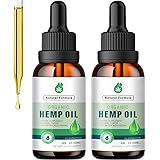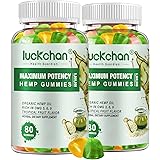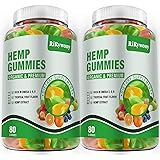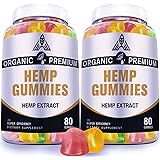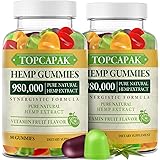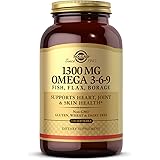The global CBD skincare market, valued at approximately $867.7 million in 2023, is experiencing substantial growth. Projections indicate a climb to $8.87 billion by 2032. This expansion highlights a significant shift in the beauty landscape. As the accompanying video illustrates, CBD in cosmetics is no longer a niche concept. It is moving into mainstream retail. Consumers are increasingly discovering cannabidiol oil in their daily routines.
Indeed, this phytocannabinoid has permeated various beauty product categories. From specialized vegan mascaras to an array of serums and moisturizers, CBD is a pervasive ingredient. Its presence extends to makeup, nail polish, and even colognes. This widespread adoption underscores a compelling industry trend. It reflects a desire for innovative, plant-based solutions in personal care.
The Evolving Role of CBD Oil in Beauty Formulations
Cannabidiol, or CBD, is a non-psychoactive compound. It derives from the cannabis plant. Unlike THC, it does not induce a “high.” This distinction is critical for consumer acceptance. Consequently, its integration into beauty products is gaining momentum. The substance is lauded for its potential dermatological benefits. These include antioxidant and anti-inflammatory properties.
Advocates claim CBD can address several skin concerns. It may smooth fine lines and wrinkles. It might also thicken eyelashes, as seen in the video’s example. Furthermore, it often promises overall skin improvement. Some even suggest a positive impact on mood. Such diverse claims position CBD as a versatile cosmetic ingredient.
Antioxidant Powerhouse and Anti-inflammatory Agent
The efficacy of CBD in skincare largely hinges on its reported bioactivity. As an antioxidant, CBD combats free radicals. These unstable molecules cause oxidative stress. This stress accelerates skin aging. It contributes to cellular damage. By neutralizing free radicals, CBD helps protect skin integrity.
Moreover, CBD acts as an anti-inflammatory agent. Inflammation is a root cause of many skin issues. These include acne, eczema, and psoriasis. CBD can modulate cytokine production. This action may reduce redness and irritation. It fosters a calmer, healthier complexion. This makes it an attractive ingredient for sensitive skin formulations.
Navigating the Regulatory Landscape of CBD Cosmetic Products
Despite growing enthusiasm, the regulatory framework for CBD in cosmetics remains complex. The cannabis plant’s federal Schedule I classification in the U.S. presents hurdles. This designation severely limits scientific research. Consequently, robust clinical data defining specific benefits is often scarce. Dr. Gregory Samano highlights this research deficit. He notes the lack of comprehensive studies.
Furthermore, the CBD industry faces a challenge common to supplements. It largely operates without stringent federal oversight. This lack of regulation means product quality can vary significantly. Consumers cannot always verify ingredient concentrations. They may question the purity of products. This necessitates careful purchasing decisions.
Ensuring Product Quality and Transparency
In this evolving market, consumer diligence is paramount. Dr. Samano advises purchasing from major retailers. These entities often uphold higher safety standards. They frequently back the quality of their merchandise. This practice can mitigate risks associated with unregulated products. Reputable brands typically provide third-party lab reports. These documents confirm potency and purity. They also verify the absence of harmful contaminants. This transparency builds consumer trust.
Nevertheless, the industry eagerly anticipates future developments. Canada’s recent legalization of marijuana holds promise. It is expected to catalyze more research. This scientific data could eventually benefit the U.S. market. It would provide clearer insights into CBD’s true potential. Such data would also inform future regulatory measures. This could pave the way for standardized, high-quality CBD cosmetic products.
The Future Horizon for Cannabidiol in Dermatology
The burgeoning field of cannabidiol oil in beauty continues to intrigue experts. Dr. Samano, while cautious, expresses optimism. He sees considerable promise for CBD’s role in future dermatological solutions. The plant-based explosion in personal care is predicted to grow substantially. This trajectory suggests a long-term impact on cosmetic science.
Researchers are exploring CBD’s interactions with the endocannabinoid system. This system plays a crucial role in skin homeostasis. Modulating this system could yield various benefits. These include sebum regulation and barrier function improvement. Such advanced understanding will refine CBD’s application. It will lead to more targeted, effective cosmetic formulations. The journey of CBD in cosmetics is just beginning.



